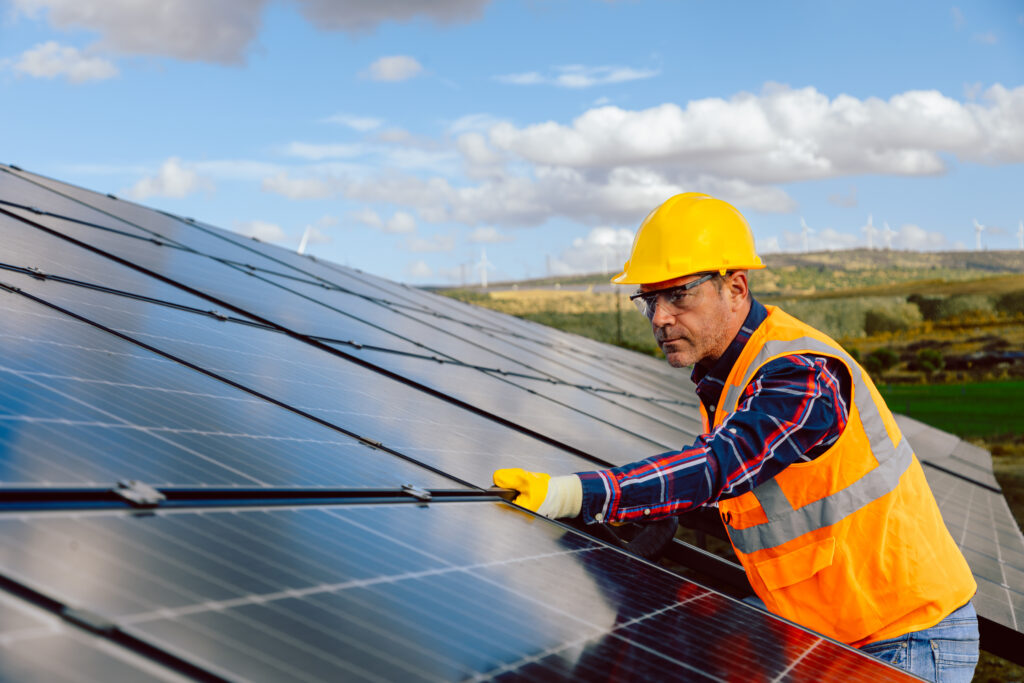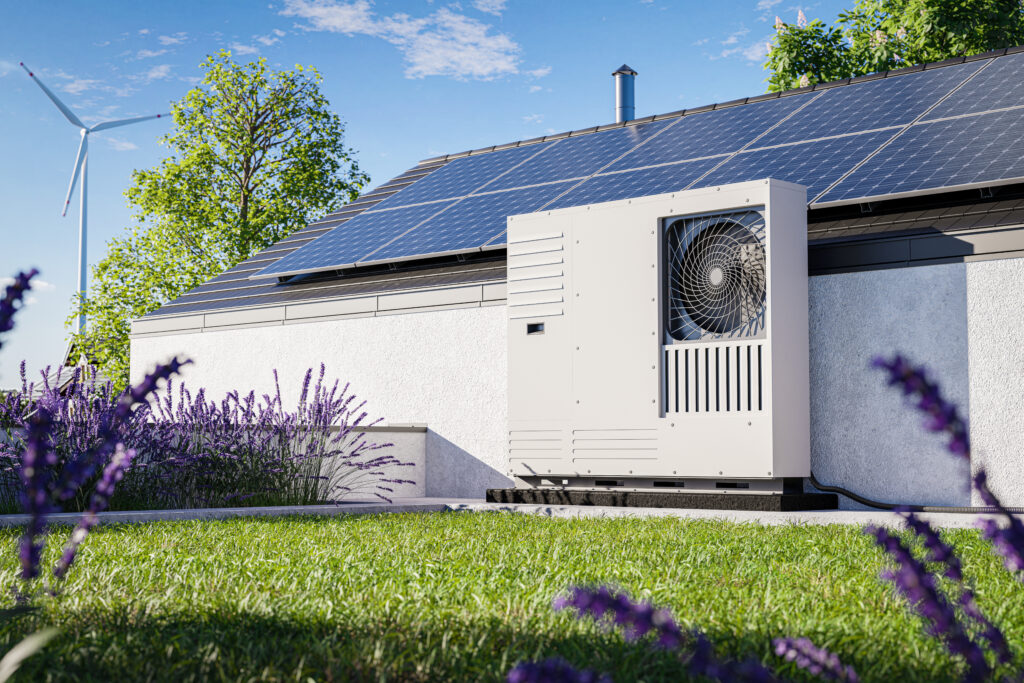Grants specific to solar panel use are few and far between. However, as part of the Government’s pledge to reach net zero by 2050, almost £5bn has been put aside to help UK businesses become greener.
There are grants and subsidies to help businesses make their current energy usage more efficient, as well as for heat pump installation, the removal of greenhouse gases and much more.
Available grants are constantly updated, so keep an eye out for one that applies to your business needs on the gov.uk page here. It’s also worth contacting your energy supplier to see what they can offer you.
If you’re in Scotland, you can utilise the Energy Saving Trust to see if there is financial help for installation, but one current scheme available across Great Britain is the Smart Export Guarantee (SEG).
>See also: Where to find green small business grants
What is the Smart Export Guarantee?
The Smart Export Guarantee enables businesses to get paid to generate green energy. If your business uses solar photovoltaic (PV) panels, you can generate cash from National Grid suppliers for the energy you produce and do not use.

How does it work?
These suppliers (SEG licensees) pay you (the energy generator) a rate. Every large licensee must offer a SEG tariff, and many smaller ones do, too. These rates vary and can be fixed or variable but will always be above zero. They in turn export this to the National Grid.
As the generator, your business must have a smart meter fitted to calculate how much your energy is worth.
If your business has the potential to become a generator, it is worth shopping around to find the most favourable deal from licensees. You can find this year’s list of licensees here.
As a side note, all installations must be in Great Britain – there are no tariffs for Northern Ireland – and generate no more than 5MW.
Do also keep in mind installers must be certified under the Microgeneration Certification Scheme (MCS) and licensees may request to see this before offering you any cash.
Regional solar panel grants
It’s also worth keeping an eye on what can be available from local councils when it comes to solar panel grants as these can come and go.
One example was the Sustainability Business Grant, in which Lincolnshire businesses could get grants for the fitting of solar panels up until February 2023.
>See also: How to get a business grant from the council
What are the advantages and disadvantages of solar panels?
Advantages
- Low energy costs
- Ability to get paid for PV generation with SEG
- Less reliance on the National Grid
- Reduces your business’s carbon footprint which can be good PR
Disadvantages
- Dependence on weather
- The initial setup costs can be relatively high
- You need to space to house the panels

What are the alternatives to solar panels?
Businesses that install other green energy technologies such as heat pumps and biomass boilers can take advantage of the Clean Heat Grant, which provides up to £7,000 upfront to help with installation costs.
If you choose to go down this route, like SEG, ensure the installer is MCS-qualified.
There is also the Green Gas Support Scheme, which helps with the costs of producing biomethane – a greener alternative to gas.
Successful applicants receive quarterly payments based on the amount of green energy they provide to the National Grid (like SEG) over a period of 15 years.
The scheme is open for applications by businesses in England, Scotland and Wales until November 2025. You can apply here.
Other types of green energy your business can leverage include offshore wind energy and biofuels. The SEG grant also applies to wind turbines and hydropower.
You can find more general green energy schemes and grants for businesses via the Ofgem website.
More on grants
Business grants for women – Female entrepreneurs face unique challenges in accessing funding, which is why we’ve listed these business grants for women
Business grants in Wales – If you are looking to start your own business in Wales or already run one, you could be eligible for a range of Welsh business grants






